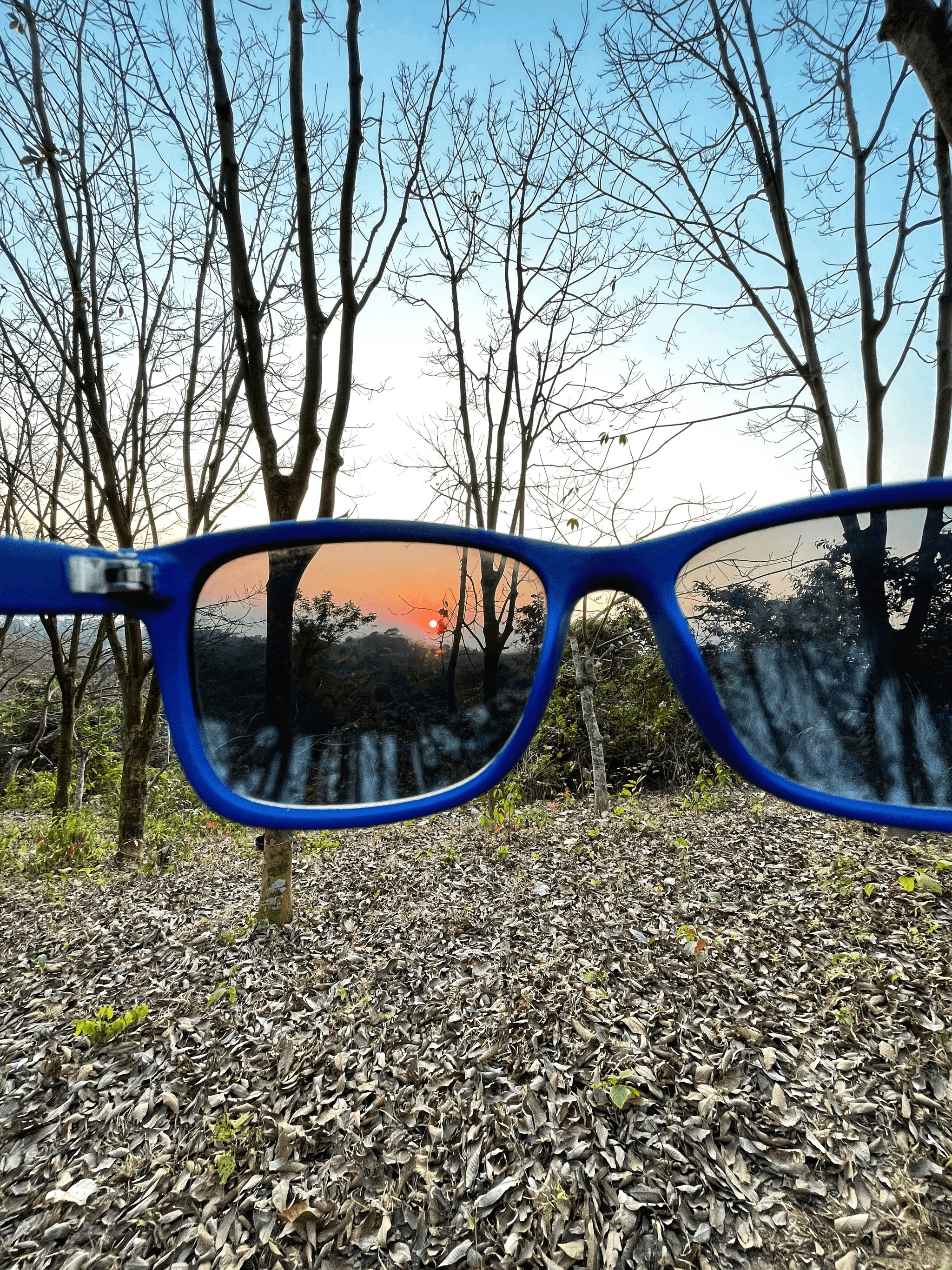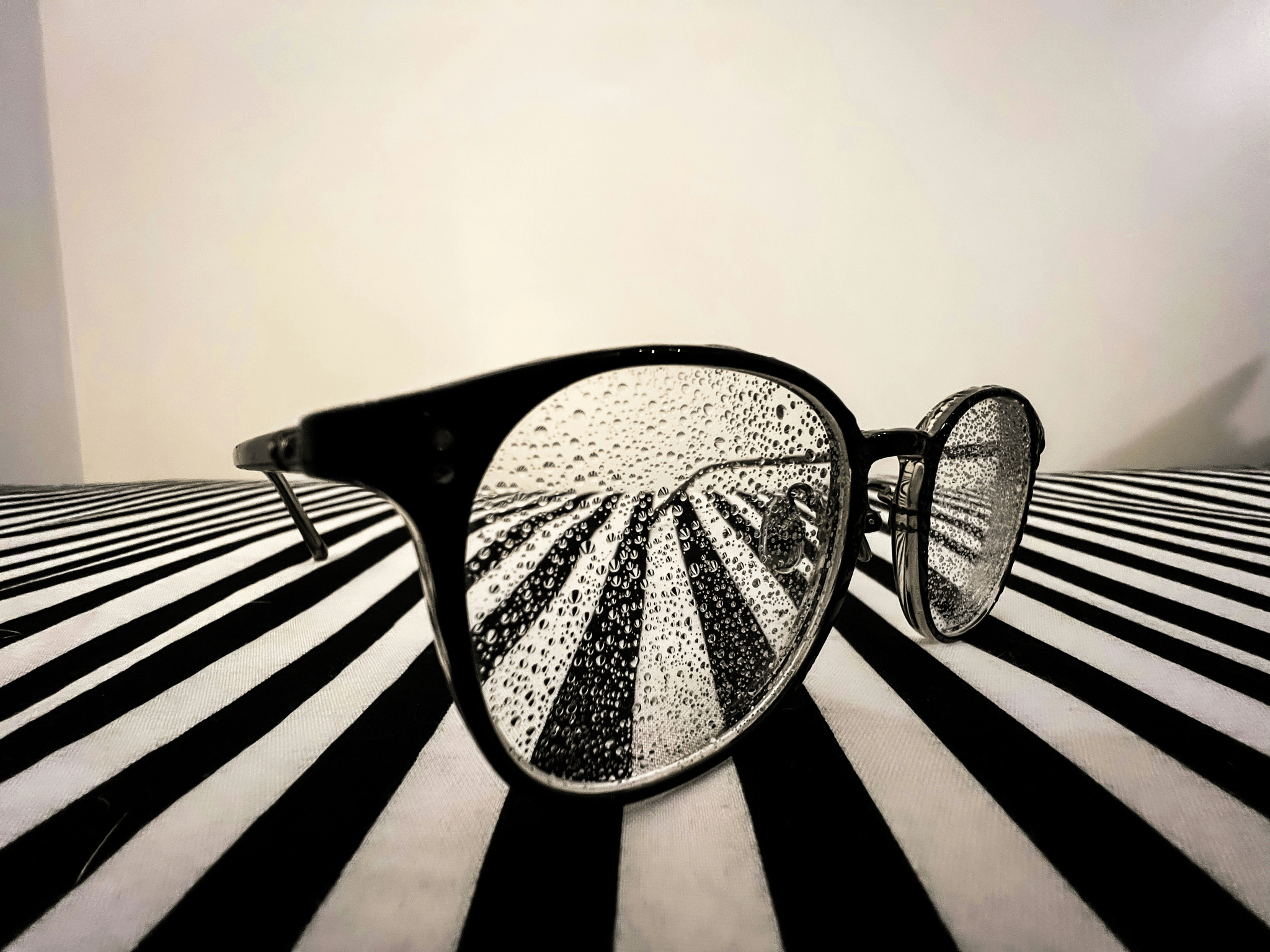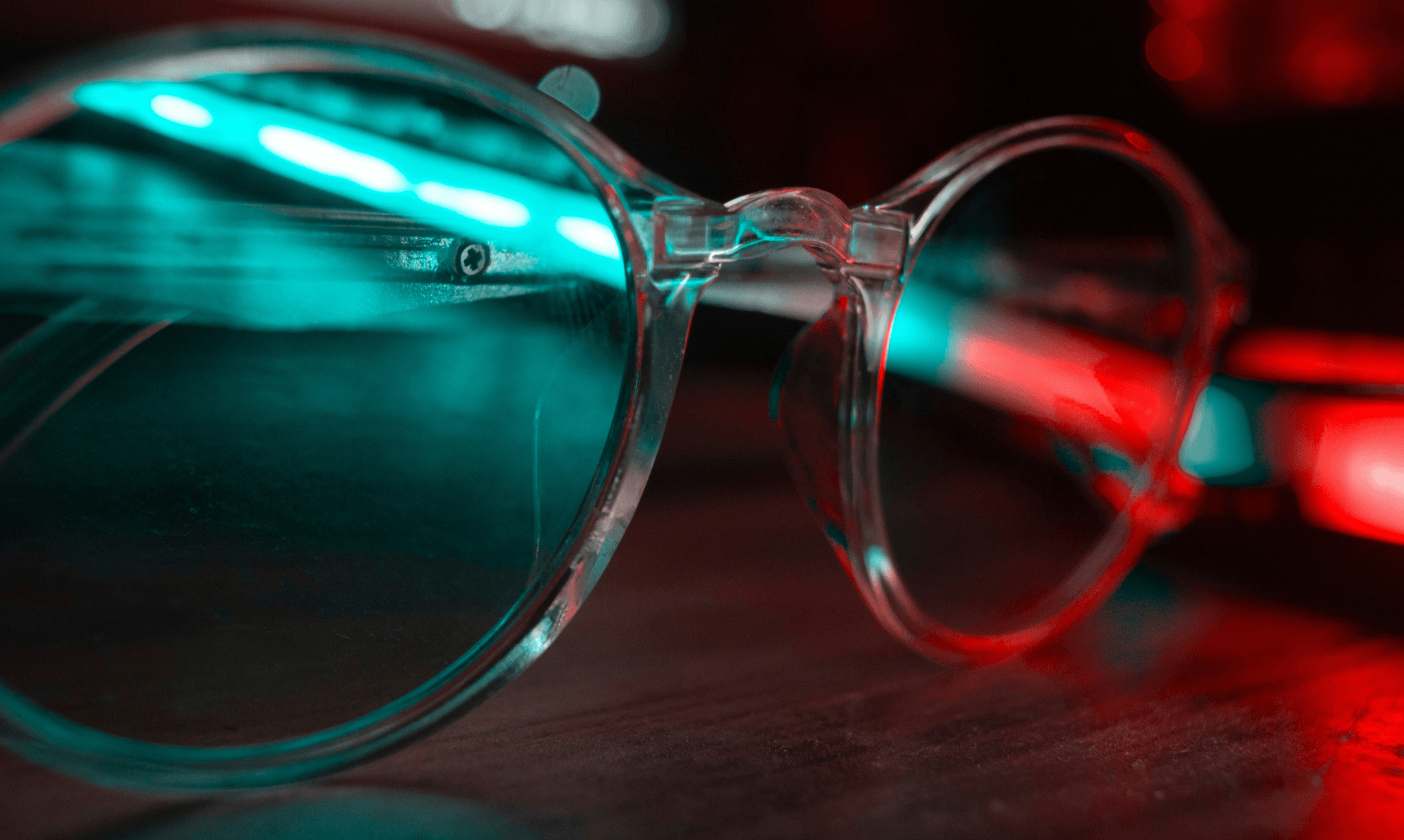Introduction

Transition lenses have revolutionized the way we approach eyewear, offering a unique blend of convenience and comfort. These innovative lenses adapt to changing light conditions, providing protection from harmful UV rays while ensuring optimal vision. But how long do transition lenses last, and what factors influence their longevity?
Understanding Transition Lenses
At their core, transition lenses are designed to darken in sunlight and return to clear indoors, making them a versatile choice for many eyewear users. They utilize photochromic technology that reacts to UV light exposure, which means they can adjust based on the environment around you. However, with this convenience comes questions about durability; can transition lenses wear out over time?
How They Function Over Time
Understanding how transition lenses function over time is essential for maximizing their lifespan and effectiveness. Initially, these lenses work remarkably well, transitioning quickly between shades in response to changing light conditions. Yet as they age or face environmental stressors, you might wonder what causes transition lenses to stop working optimally.
The Lifespan of Your Eyewear
The average lifespan of transition lenses varies depending on usage and care; typically ranging from two to three years before noticeable signs of wear appear. Factors such as exposure to heat or chemicals can significantly affect how long do transition lenses last and may lead you to ask yourself: what ruins transition lenses? Recognizing the signs that it's time for an upgrade is crucial for maintaining clear vision and eye health.
The Science Behind Transition Lenses

Transition lenses are a marvel of optical engineering, designed to adapt to changing light conditions. They work by utilizing special photochromic molecules embedded in the lens material that react to ultraviolet (UV) light. When exposed to sunlight, these molecules darken, providing a comfortable visual experience outdoors while returning to their clear state indoors.
How Do Transition Lenses Work?
The magic behind how long do transition lenses last lies in their unique composition and response to UV rays. When you step outside into the sun, UV light triggers the photochromic molecules in the lenses, causing them to absorb light and darken. Conversely, when you return indoors and are away from UV exposure, these molecules revert back to their original state—clear and ready for indoor use.
The Technology Involved
The technology involved in transition lenses has evolved significantly over the years. Initially developed in the 1960s, modern versions now feature advanced coatings that enhance durability and performance. This innovation not only improves how long do transition lenses last but also addresses common questions like Can transition lenses wear out? by extending their lifespan through better resistance to scratches and environmental factors.
Factors Affecting Their Performance
Several factors can influence how well your transition lenses perform over time. Environmental conditions such as temperature extremes or excessive humidity can impact their responsiveness; hence understanding what causes transition lenses to stop working is crucial for maintaining functionality. Additionally, user habits play a significant role—improper care or exposure to harsh chemicals can lead to deterioration; knowing what ruins transition lenses will help you protect your investment.
How Long Do Transition Lenses Last?

Transition lenses are a convenient solution for those who want the best of both worlds: prescription eyewear that adapts to changing light conditions. But how long do transition lenses last? Their lifespan can vary based on several factors, including usage, care, and environmental conditions.
Average Lifespan Explained
On average, transition lenses can last anywhere from two to three years before showing signs of wear and tear. However, this timeframe can fluctuate depending on how often you use them and the conditions in which they’re used. Regular exposure to extreme temperatures or harsh environments can significantly impact how long your transition lenses last.
Signs of Wear and Tear
When asking yourself, Can transition lenses wear out? it's essential to be aware of the signs indicating it might be time for a replacement. Common indicators include scratches on the surface, reduced responsiveness to UV light, or a noticeable decline in clarity while transitioning between indoor and outdoor settings. If you notice any of these issues starting to appear, it may be time to consider your options regarding new eyewear.
When to Consider Replacement
Knowing when to replace your transition lenses is crucial for maintaining optimal vision quality. If you're frequently questioning what causes transition lenses to stop working effectively or experiencing discomfort due to diminished performance, it’s likely time for an upgrade. Additionally, if you find yourself wondering about the drawbacks of transition lenses—like poor performance in vehicles with UV-blocking windshields—it may also signal that your current pair has reached their end.
Can Transition Lenses Wear Out?

Transition lenses are designed to adapt to changing light conditions, but that doesn’t mean they’re invincible. Over time and with regular use, the question arises: can transition lenses wear out? Understanding the factors that contribute to their deterioration can help you extend their lifespan, ensuring your eyewear continues to serve you well.
Conditions That Lead to Deterioration
Several conditions can lead to the deterioration of transition lenses, impacting how long do transition lenses last. Prolonged exposure to harsh environments—like extreme heat or UV radiation—can cause the lens material to break down. Additionally, frequent contact with chemicals found in cleaning products or even skincare items can compromise the integrity of your lenses, leading them to lose their effectiveness over time.
Common Misconceptions
There are many misconceptions about how long do transition lenses last and whether they can actually wear out. Some people believe that because these lenses are photochromic, they will always function optimally without any decline in performance; however, that's not true. Another common myth is that simply wearing them in sunlight will keep them in perfect condition—while exposure is essential for activation, it doesn’t prevent other forms of damage.
Maintenance Tips for Longevity
To maximize the lifespan of your eyewear and address concerns like what ruins transition lenses, proper maintenance is key. Regularly clean your glasses with a microfiber cloth and avoid using harsh chemicals that could scratch or degrade the lens coating. Also, storing your glasses in a protective case when not in use will shield them from environmental factors and physical damage—helping you answer questions like what causes transition lenses to stop working before it’s too late.
What Causes Transition Lenses to Stop Working?

Transition lenses are a great convenience, but they can sometimes leave you wondering, “What causes transition lenses to stop working?” Understanding the factors that contribute to their decline in performance is crucial for maintaining your eyewear. Let’s dive into the environmental influences, chemical reactions, and user habits that can lead to this frustrating issue.
Environmental Influences
The environment plays a significant role in how long do transition lenses last. Extreme temperatures, both hot and cold, can affect the lens materials and their ability to respond to UV light effectively. Additionally, prolonged exposure to harsh sunlight or humidity can accelerate wear and tear on your lenses, leading you to wonder if transition lenses wear out faster than expected.
Chemical Reactions That Affect Lenses
Chemical interactions are another culprit behind what causes transition lenses to stop working properly. Everyday substances like cleaners or even certain skincare products can react with the lens coatings, causing cloudiness or discoloration over time. Knowing what ruins transition lenses is essential; using inappropriate cleaning solutions could significantly shorten their lifespan.
User Habits and Their Impact
User habits also play a pivotal role in determining how long do transition lenses last before they require replacement. For instance, neglecting proper cleaning techniques or storing them improperly can lead to scratches and other damage that impair functionality. If you're guilty of tossing your glasses into a bag without protection or using abrasive materials for cleaning, it’s time for some new habits—because yes, transition lenses can wear out due to careless handling!
What Are the Drawbacks of Transition Lenses?

Transition lenses are a fantastic innovation, but like any product, they come with their own set of drawbacks. Understanding these limitations can help you make informed choices about your eyewear. So, let’s dive into what you need to know about these lenses and why they might not be the perfect fit for everyone.
Limitations in Certain Conditions
One major drawback of transition lenses is their performance in specific lighting conditions. For instance, while they darken outdoors, they may not react effectively behind car windshields due to UV filtering glass. This can leave some wearers wondering how long do transition lenses last in terms of functionality when they're most needed.
Additionally, users often find that transition lenses take longer to adjust when moving between environments with drastically different lighting—like stepping from bright sunlight into a dimly lit room. This delay can be inconvenient and may lead people to question if transition lenses wear out faster due to their sluggish response time in certain situations. Ultimately, knowing the limitations helps manage expectations and ensures you choose the right eyewear for your lifestyle.
Potential Issues with Clarity
Another concern surrounding transition lenses is clarity. While they provide convenience by adapting to light changes, some users report a slight distortion or decreased sharpness when compared to traditional prescription glasses. If you’re someone who prioritizes crystal-clear vision at all times, this could raise questions about what causes transition lenses to stop working effectively over time.
Moreover, under specific conditions—like low-light environments—these lenses may not provide optimal visibility compared to standard glasses or sunglasses designed specifically for such situations. This leads many users to ponder: can transition lenses wear out? The answer isn’t straightforward; rather it depends on how well they're maintained and how often they're exposed to various environmental factors.
Alternatives to Consider
If you're weighing the drawbacks of transition lenses against your needs, it might be wise to explore alternatives available on the market today. Polarized sunglasses are an excellent option for those who spend significant time outdoors; they reduce glare effectively without relying on photochromic technology that may falter under certain conditions or age over time.
Additionally, traditional prescription glasses paired with clip-on sunglasses offer flexibility without compromising clarity or performance—allowing you full control over your visual experience regardless of lighting conditions. When considering what ruins transition lenses over time—like scratches or improper care—it’s worth asking yourself whether an alternative could better suit your lifestyle and visual needs.
What Ruins Transition Lenses?

Transition lenses are a fantastic innovation in eyewear, but they’re not invincible. Understanding what can ruin these lenses is crucial for maintaining their effectiveness and longevity. In this section, we’ll explore common mistakes in handling, environmental factors to avoid, and tips for protecting your investment.
Common Mistakes in Handling
One of the most significant ways people unknowingly ruin transition lenses is through improper handling. For instance, using the wrong type of cloth or cleaning solution can scratch the surface or damage the lens coating. Additionally, tossing your glasses into bags or leaving them unprotected on surfaces can lead to unintended wear and tear—after all, how long do transition lenses last if they’re subjected to daily abuse?
Environmental Factors to Avoid
Environmental conditions play a pivotal role in determining how long transition lenses last. Extreme temperatures can affect the chemical compounds within the lenses that allow them to darken and lighten appropriately. Moreover, prolonged exposure to harsh UV rays or pollutants may cause degradation over time—so while you might be asking yourself Can transition lenses wear out? it’s essential to recognize that environmental factors are significant contributors.
Protecting Your Investment
To ensure your transition lenses have a long lifespan, proper care is key! Always store them in a protective case when not in use; this simple step can significantly mitigate the risk of scratches and other damage. Regularly cleaning your glasses with approved solutions and avoiding high-risk environments will help you sidestep many pitfalls—because let’s face it: nobody wants to deal with “What are the drawbacks of transition lenses?” when they could just take a few precautions instead.
Conclusion

Transition lenses offer a unique blend of convenience and comfort, but like any technology, they have their limitations. Understanding how long do transition lenses last and the factors that can lead to their deterioration is essential for making informed decisions about your eyewear. By recognizing when it's time for an upgrade, you can ensure your vision remains sharp and clear.
Signs It’s Time for an Upgrade
One of the most significant indicators that it’s time to replace your transition lenses is a noticeable decline in their performance. If you find yourself asking, Can transition lenses wear out? then it might be time to evaluate their condition. Look for signs such as fading color changes or diminished responsiveness to UV light; these are clear signals that your lenses may no longer be functioning optimally.
Another telltale sign is discomfort during use, especially if you experience glare or difficulty seeing in bright environments. If you notice these issues frequently, it could indicate that your current pair is not up to par anymore. Moreover, if the clarity of vision has significantly declined or if scratches are visible on the surface, consider upgrading sooner rather than later.
Making Informed Choices for Eyewear
When selecting new eyewear, it's crucial to weigh the pros and cons carefully—especially when considering what are the drawbacks of transition lenses? While they provide excellent protection from UV rays and eliminate the need for multiple pairs of glasses, they may not perform well in extreme temperatures or overly dark conditions. Knowing these limitations can help you choose wisely based on your lifestyle.
Additionally, understanding what causes transition lenses to stop working will empower you as a consumer. Factors like improper care or exposure to harsh chemicals can affect longevity; therefore, choosing high-quality frames and maintaining them properly will enhance durability. Researching reputable brands and reading reviews can also guide you toward making an informed choice that suits both your needs and budget.
Discovering Quality Options at Daposi
If you're on the hunt for reliable eyewear options that won't let you down over time, look no further than Daposi! Their range includes various styles equipped with advanced technology designed specifically to combat common issues associated with transition lenses—such as what ruins transition lenses? With careful design considerations and quality materials used in production, Daposi ensures you're investing in products meant to last.
Moreover, exploring Daposi's offerings allows you not only access to stylish frames but also insight into maintenance tips for prolonging lens life. They provide resources on how best to care for your eyewear so that you'll get maximum value from every pair purchased—because nobody wants premature lens failure! So dive into their collection today; you'll appreciate finding quality options tailored just for you!
